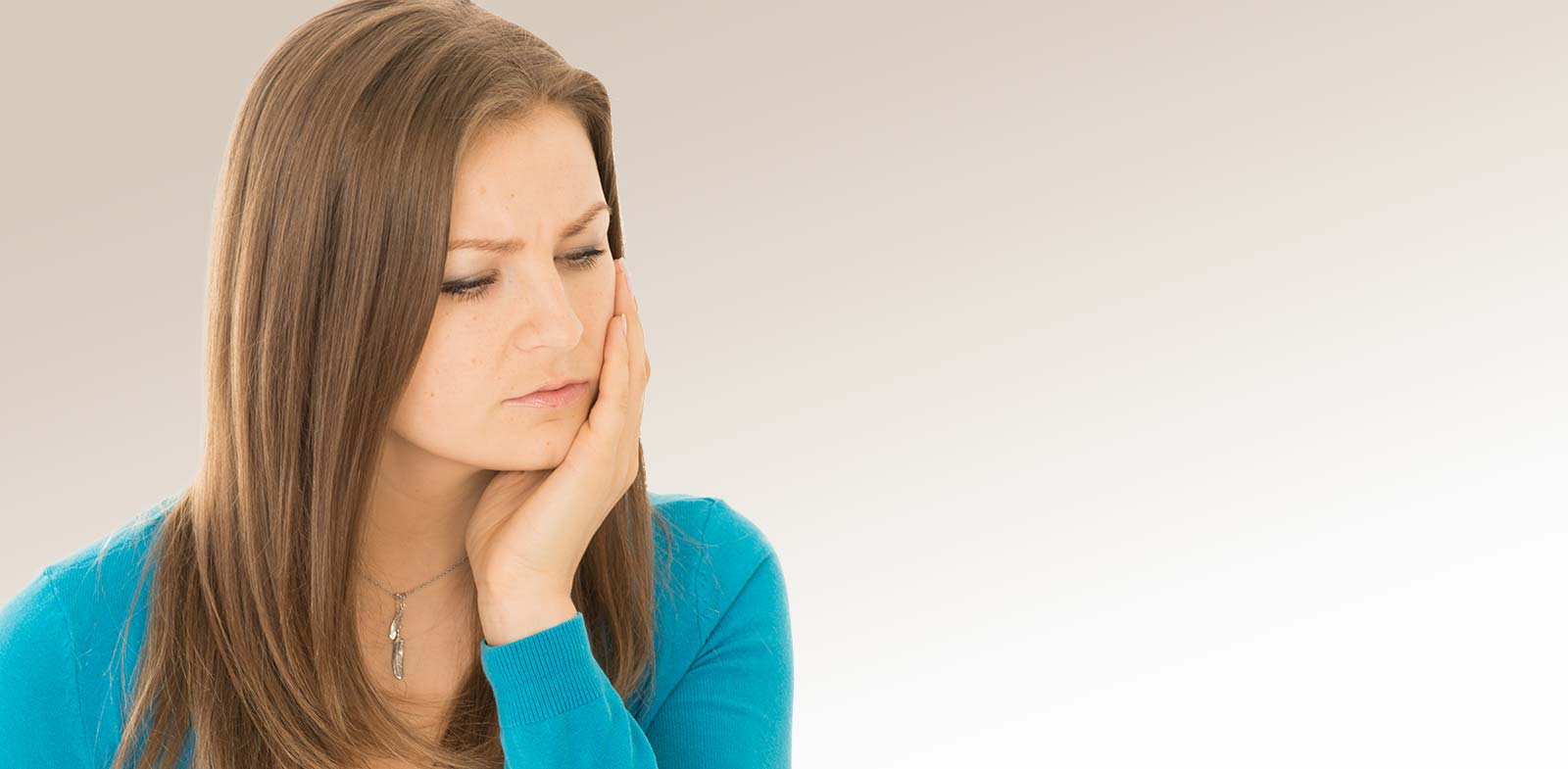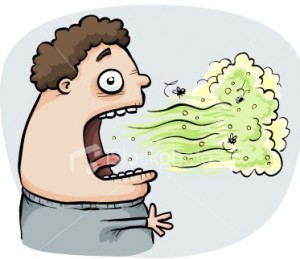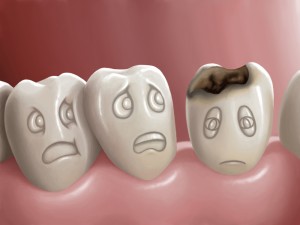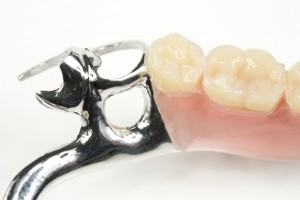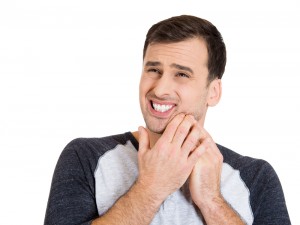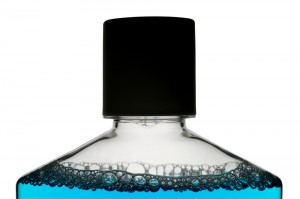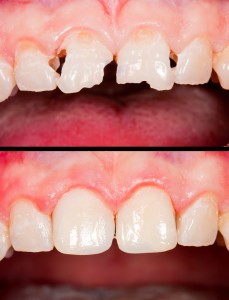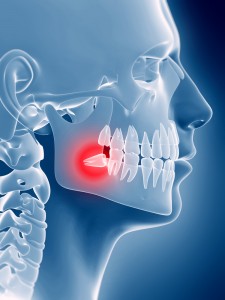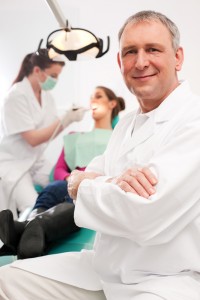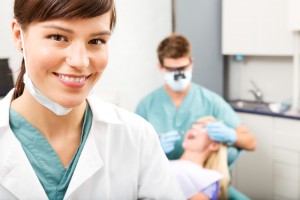No matter how appealing or fashionable you are, when people smell an unpleasant odor the moment you open your mouth, they can easily be turned off. Halitosis, more commonly known as bad breath, can definitely affect a person’s day to day life, particularly in terms of communicating with others. Yet, it is very easy to treat, especially when you know what actually causes it.
What are the factors that cause bad breath?
- Xerostomia or Dry Mouth
When there is a decreased flow of saliva, the cleansing system of the mouth is also reduced. This, then, brings about the unpleasant breath odor. This case is most commonly caused by having a night’s sleep. Other causes include medicinal side effect and dehydration. It may also be an indicator of an underlying medical condition, like Sjögren’s syndrome. Radiotherapy to the neck and head part can also trigger bad breath due to xerostomia. Continue reading
